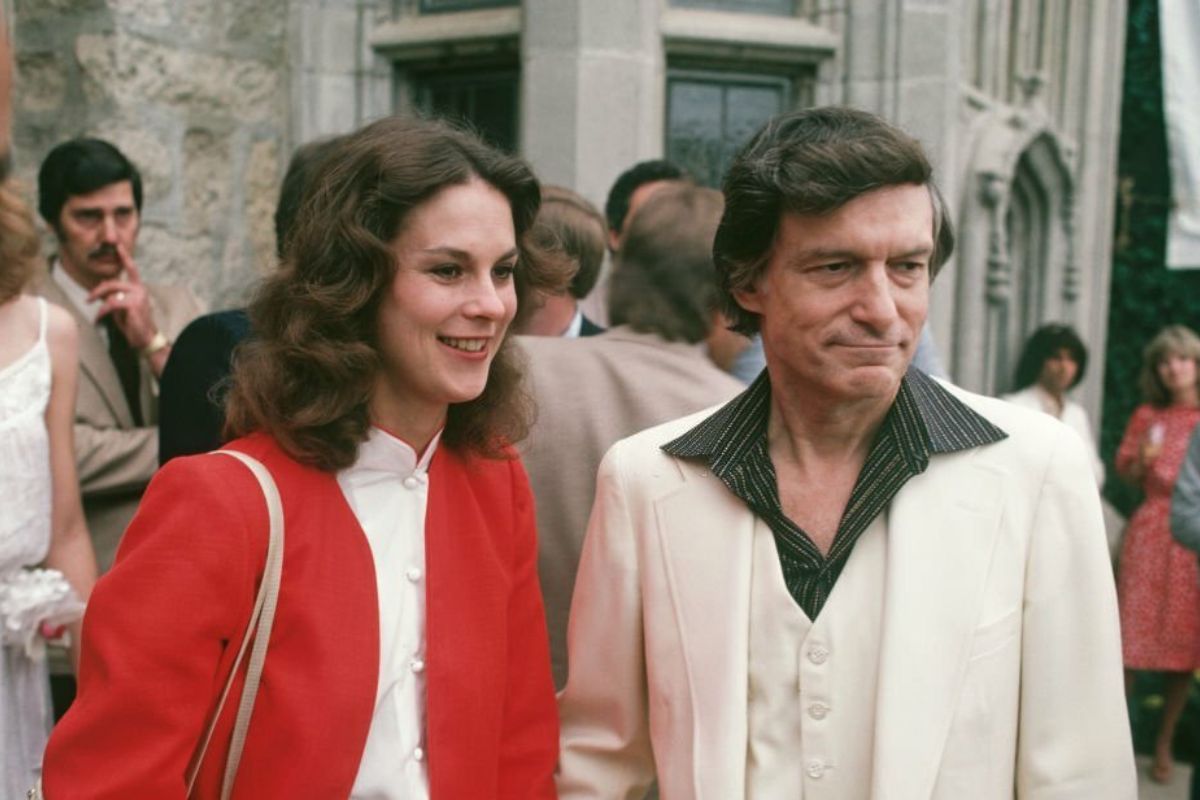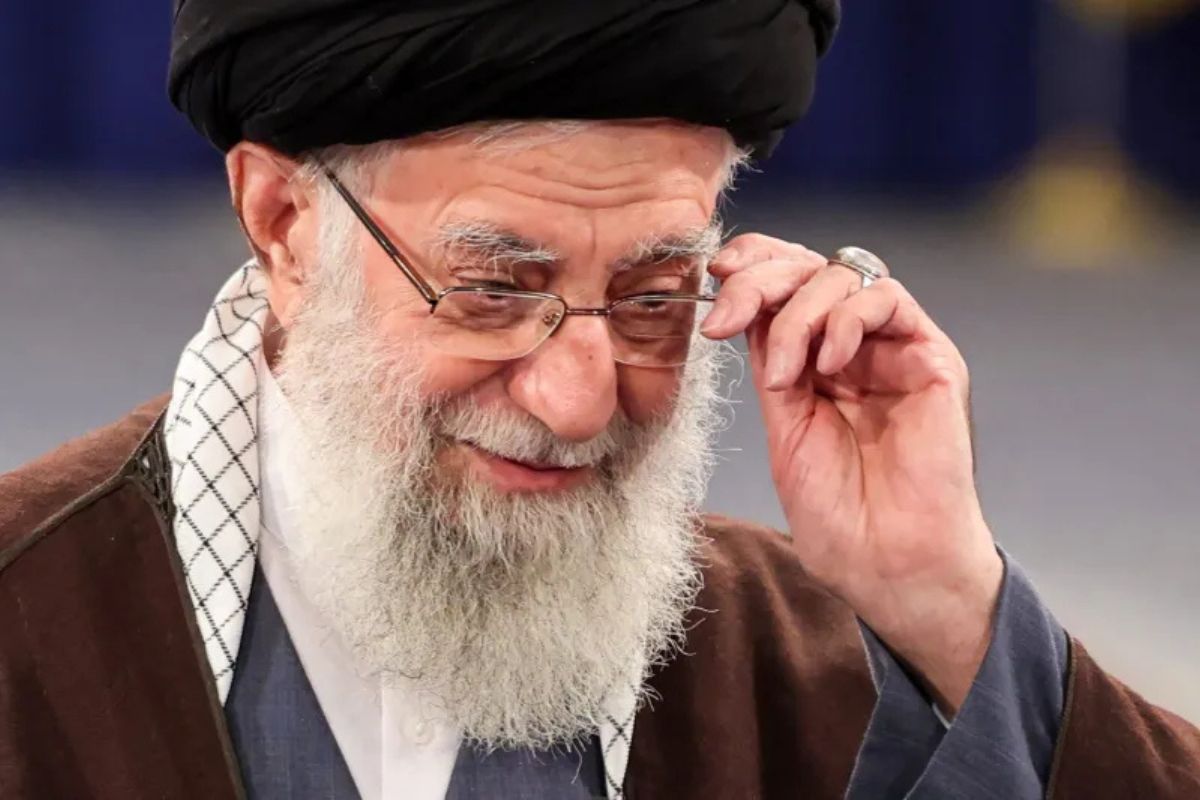Christie Ann Hefner is a well-known American businesswoman who had a big impact while serving as Playboy Enterprises’ Chairman and CEO from 1988 to 2009. Hugh Hefner, the illustrious founder of Playboy magazine, was Christie’s father, and she carried on his leadership and influence far beyond the company’s famed adult entertainment brand. We will delve into Christie Hefner’s incredible career, her impact on Playboy Enterprises, and her enduring legacy in this blog.
Early Life and Education
On November 8, 1952, Christie Ann Hefner was born in Chicago, Illinois. She was raised in the media and entertainment industry because she is the daughter of a media tycoon. Undoubtedly, her subsequent professional choices were affected by her upbringing in the Hefner home. Christie had her early education in Chicago at the esteemed Francis W. Parker School.
Christie continued her studies beyond high school, eventually earning a Bachelor of Arts in English and American Literature. Her love of literature, communication, and storytelling were fostered by her academic background—skills that would come in handy throughout her career.
Hugh Hefner, the illustrious creator of Playboy magazine, was the father of Christie Ann Hefner, who came from a prominent and well-known family. Her family and close friends have surely helped her grow personally and professionally by playing important roles in her life. Let’s examine her family and her social group in more detail.
Personal life of Christie Hefner
Family:
- Hugh Hefner: Christie’s father, Hugh Hefner, was a cultural and business icon. He founded Playboy magazine in 1953 and played a pivotal role in shaping the sexual revolution of the 1960s. He was a larger-than-life figure, known for his distinctive lifestyle and the creation of the Playboy Mansion. Hugh’s impact on media, entertainment, and social norms was profound, and his influence extended to his daughter.
- Mildred Williams: Christie’s mother, Mildred Williams, was Hugh Hefner’s first wife. While their marriage ended in divorce, Mildred remained a part of her daughter’s life. Christie’s parents’ relationship, particularly its dissolution, may have influenced her perspective on relationships and family dynamics.
- Cooper Hefner: Cooper, Christie’s younger half-brother, has also been involved in the media and entertainment industry. He served as the Chief Creative Officer of Playboy Enterprises and contributed to the company’s various initiatives.
Friends:
- Associates in the Entertainment Industry: Over the years, Christie Hefner likely established connections with influential figures in the entertainment world. Her role in the industry, especially during her tenure at Playboy Enterprises, would have provided her with opportunities to build relationships with actors, directors, producers, and other professionals in Hollywood.
- Colleagues and Business Partners: Christie’s career in the corporate world and her involvement with various boards and organizations would have allowed her to form valuable relationships with fellow business leaders and advocates. These connections could have included individuals from the Center for American Progress, the Hugh M. Hefner Foundation, and other philanthropic organizations.
- Advocacy and Philanthropic Partners: Given her dedication to social causes, Christie likely developed close friendships with individuals who shared her passion for civil liberties, gender equality, LGBTQ+ rights, and related issues. These connections may have included fellow advocates, activists, and leaders in these areas.
- Personal Friends: While not widely publicized, it is safe to assume that Christie Hefner had a circle of close personal friends who provided her with support and companionship throughout her life’s journey.
Playboy Enterprises Leadership
Christie Hefner started her employment with Playboy Enterprises as a promotion coordinator in 1975. Her original position gave her access to the organization’s many divisions, from editorial work to marketing and promotion. She steadily assumed larger roles inside the organization as the years went by.
Christie’s appointment as the President of Playboy Enterprises in 1982 was a crucial turning point in her professional life. She ushered in a new era for the business as it broadened its focus beyond the venerable Playboy magazine. Playboy TV was created as a result of the company’s diversification into cable and satellite television under her direction. This tactical choice signaled the company’s entry into the changing media landscape and considerably increased its revenue streams.
Christie was essential in starting and growing the Playboy Foundation, the business’ charitable arm. The organization funded numerous social and humanitarian projects, placing special emphasis on LGBTQ+ rights, civil liberties, and freedom of expression. This dedication to philanthropy was a reflection of Christie’s confidence in the ability of the media and business to influence social change.
Navigating Challenges
Christie’s time at Playboy Enterprises was marked by impressive expansion and diversification, but it was not without its difficulties. The business frequently dealt with legal problems and difficulties over its image and content. Christie’s ability to lead was put to the test as she handled these difficulties, which included legal disputes over obscenity laws.
She earned a reputation as a strong and capable leader because to her unwavering commitment to upholding the values of free speech and the right to express unpopular opinions. Her steadfast belief in the value of protecting civil liberties was demonstrated by her dedication to safeguarding these essential principles.
Playboy’s Transition to Private Ownership
Christie Hefner left her position as Playboy Enterprises’ CEO in 2011. The business had experienced financial problems, and the market performance of its stock was poor. Playboy Enterprises underwent a huge transition after she left when Christie Hefner’s father Hugh Hefner took the company private. Her engagement in the business’s daily operations came to an end at that point.
Christie’s choice to retire was evidence of her commitment to the organization’s best interests. She saw the need for new leadership and approaches to navigating the media and entertainment sector’s shifting terrain. Her resignation did not, however, mean the end of her relationship with Playboy or her dedication to the organization’s overarching goals.
Life Beyond Playboy
Following Playboy, Christie Hefner’s life has been distinguished by her uncompromising commitment to humanitarian causes and her participation in the media and entertainment business. After she left, she worked as an executive producer on the movie “Ten Days in the Madhouse,” which was based on the life of the investigative journalist Nellie Bly. The movie highlighted Christie’s continuous dedication to social justice by shedding light on topics like mental health and the abuse of women in asylums during the 19th century.
A fervent supporter of civil freedoms, LGBTQ+ rights, and gender equality in addition to her work in the entertainment sector, Christie. She has contributed her knowledge to the boards of numerous institutions and charities, including the Hugh M. Hefner Foundation, the Chicago Public Media Board, and the Center for American Progress. Her involvement with these groups demonstrates her commitment to upholding the principles she holds important.
Recognition and Legacy
The achievements Christie Hefner has made to business and social advocacy have not gone ignored. She was recognized for her influence and leadership in the corporate world by Forbes in 2005 and 2006 when it named her one of the 100 Most Powerful Women. Unquestionably, her legacy as a trailblazing businesswoman and a passionate supporter of crucial social problems will leave a lasting impression on both the corporate environment and the larger cultural fabric of society.
Conclusion
Her dedication to both business and social advocacy has defined Christie Ann Hefner’s life and career. Her innovative management at Playboy Enterprises enabled the business to develop and prosper, broadening its reach beyond its venerable magazine. She became a major player in the cultural scene of the late 20th and early 21st centuries as a result of her unwavering commitment to social justice, civil freedoms, and free expression.
Although Christie’s time as CEO of Playboy Enterprises came to a close, her work in the media and entertainment industry continues. Her endeavors as an executive producer and her ongoing commitment to various social causes underscore her determination to make a positive impact on society. Christie Hefner’s legacy as a businesswoman and a champion of important societal issues will undoubtedly leave an indelible mark on both the corporate world and the broader cultural landscape.









